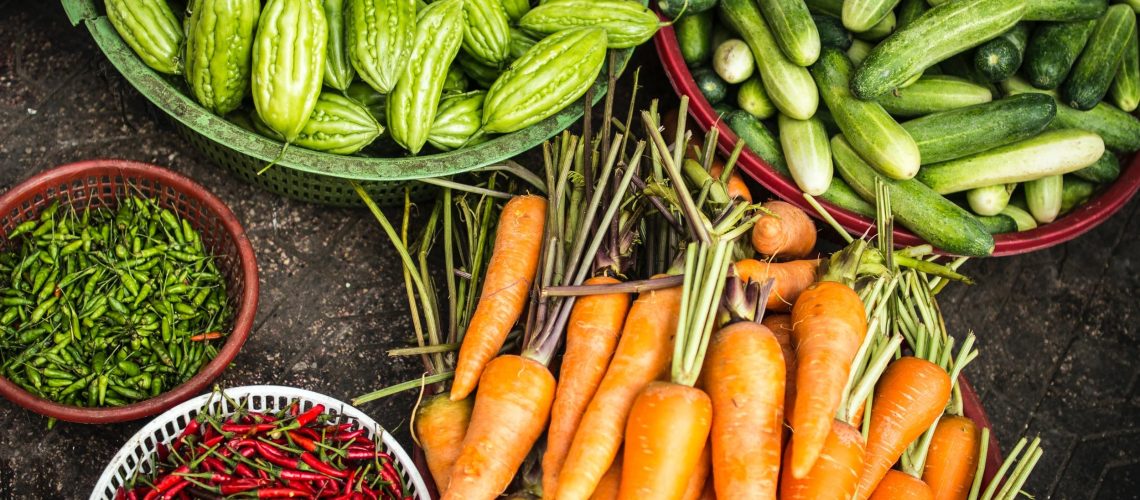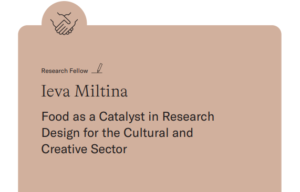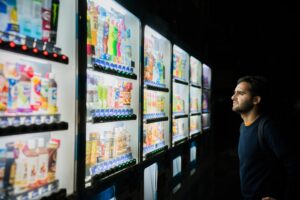In an era marked by environmental concerns, technological advancements, and evolving consumer preferences, the future of food holds significant promise and challenges. Facilitators and changemakers play a pivotal role in driving positive social impact within this realm. By employing effective facilitation methods, all of us can help navigate the complex landscape of food production, distribution, and consumption to ensure a sustainable and equitable future. In this article, we delve into various facilitation techniques that can empower stakeholders to collaboratively shape the future of food.
1. Community Visioning Workshops:
Community visioning workshops provide a platform for residents, farmers, and local businesses to collectively envision the future of their food ecosystem. Facilitators can guide participants through interactive exercises that encourage them to share their aspirations, concerns, and ideas. This method nurtures a sense of ownership over the community’s food destiny, fostering a collaborative spirit that lays the foundation for impactful actions.
2. Participatory Mapping:
Mapping is a powerful tool to visually represent community insights and resources. Facilitators can organize workshops where community members map out local food sources, distribution points, and potential areas for improvement. This technique not only highlights existing strengths but also identifies gaps that need attention. As a result, participants can collectively strategize ways to enhance food accessibility, reduce waste, and strengthen local food economies.

3. Storytelling Circles:
Storytelling circles bring people together to share personal experiences and perspectives related to food. Facilitators can create a safe space for individuals to express their connections to food, whether cultural, emotional, or practical. By hearing each other’s stories, communities can deepen their understanding of shared values and challenges, fostering empathy and cohesion. This method also helps identify issues that matter most to the community, guiding the direction of future initiatives.
4. Asset-Based Community Development (ABCD):
ABCD focuses on identifying and leveraging existing community assets, skills, and resources. Facilitators can lead workshops that encourage participants to recognize their strengths, whether it’s a community garden, local food traditions, or skilled individuals. By building on these strengths, communities can develop sustainable solutions that align with their unique identity and capabilities.
5. Community-Led Design thinking workshops:
Design thinking workshops involve intense collaborative sessions where community members, experts, and stakeholders brainstorm and sketch potential solutions. Facilitators can organize those to tackle specific challenges in the local food system, such as food waste reduction or sustainable urban farming. This approach ensures that diverse voices contribute to the design process, resulting in solutions that are more comprehensive and representative.

From a more practical point of view, each of the above-mentioned approaches holds the promise and is open for interpretation regarding the actual tools to be used, and we are passionate advocates for creative solutions where food is involved as a tangible tool. Using dough in a design thinking workshop? Mapping the community’s needs with a bunch of veggies? It is all in your hands. But one thing is clear: the future of food demands innovative solutions that consider environmental, social, and economic factors. Facilitators and changemakers have a crucial role in guiding stakeholders through this transformative journey. By adopting versatile facilitation methods, each of us working on any of the levels (from grassroots to policymaking) holds the key to empowering diverse groups to collaboratively shape awareness about the upcoming challenges related to food and sustainability.
– – – – – – – – – –
Images by Meghan Thomas, Olivie Strauss, Benjamin Combs on Unsplash.








